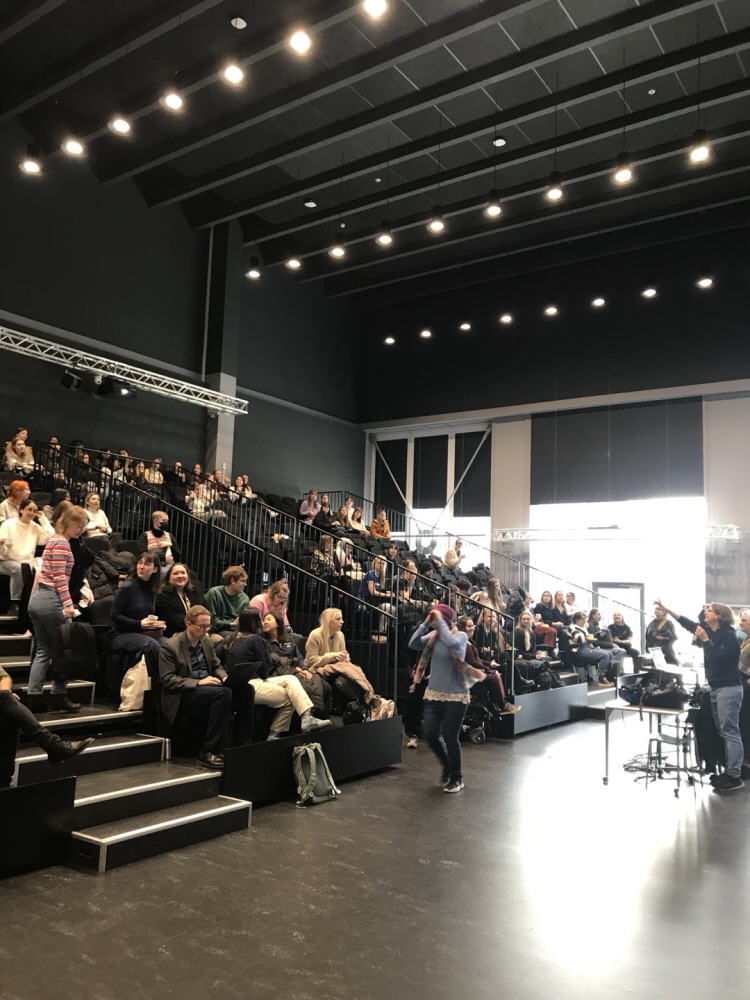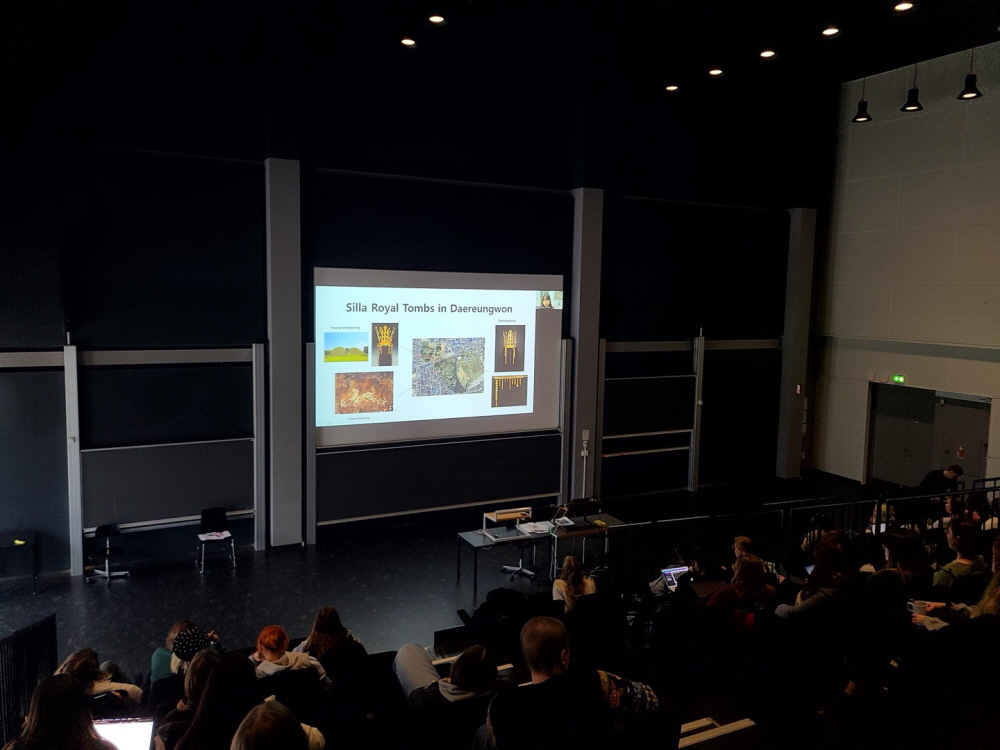
[News] Exchange and Cooperation in the Asian World Program Participates in the “Nordic Baltic Korean Studies Days 2024”
The researchers of the Exchange and Cooperation in the Asian World Program at SNUAC participated in the “Nordic Baltic Korean Studies Days 2024” held at Copenhagen University, Denmark, from March 4th to 8th, 2024. During the week, the researchers operated the training session in the afternoons to share the history of Shilla from the perspective of the history of Asian exchanges and discussed with European students the method of revealing ‘Shilla History as Asian History’ through ‘Practice in Planning the Exhibition for Shilla Artifacts’.
The Exchange and Cooperation in the Asian World Program has been conducting the research project ‘NRF International Mobility’ since September 2023. It is the aim of this project to find the future of ‘Korean studies’ in ‘Asian studies’ with the agenda of “New Roads for the Globalization of Korean Studies – Korean Ancient History and Archaeology in the 21st Century and Asia”. As part of the effort, Ilhong Ko (HK Professor, SNUAC), Jong Il Kim (Prof., Dept. of Archaeology and Art History), and Sanghyun Bae (Master’s student, Dept. of Archaeology and Art History) of the program operated the afternoon practice program in Copenhagen along with the local partner, Prof. Andrew Logie (Dept. of Cultures, Asian Studies, University of Helsinki). Prof. Oh Young Kwon (Dept. of History), the director of the Exchange and Cooperation in the Asian World Program who was not able to attend the program, gave an online lecture on “Eurasian Kurgans and the Royal Tombs of Silla”. Also, other members of the program offered online lectures such as “The Logic Behind Gyeongju’s Landscape” (Minju Kim, researcher at SNU Museum), “The Dictatorial Force Behind the Finding and Promotion of Silla’s Gold Crown” (Minjae Zoh, HK Research Professor, SNUAC), and “How Did Silla Become the Winner?” (Jihyun Park, Lecturer, Dept. of History).
The Exchange and Cooperation in the Asian World Program has been pursuing the establishment of Korean history as Asian history through the theme of ‘exchange’, breaking away from the previous research that emphasized the specificity of Korea. The researchers of the program were able to reflect on issues such as migration, conflicts over new religions, and the fusion of cultural elements, which are the reality faced by European citizens and universal phenomena that humanity experiences, together with the students and researchers in Europe through the frame of ‘Shilla’s history and culture’. It was an opportunity to verify the importance of the Exchange and Cooperation in the Asian World Program that seeks the fusion of Korean history and Asian studies through the fact that globalization from another dimension can be pursued as Korean history establishes its identity as ‘the history of Asia’.

